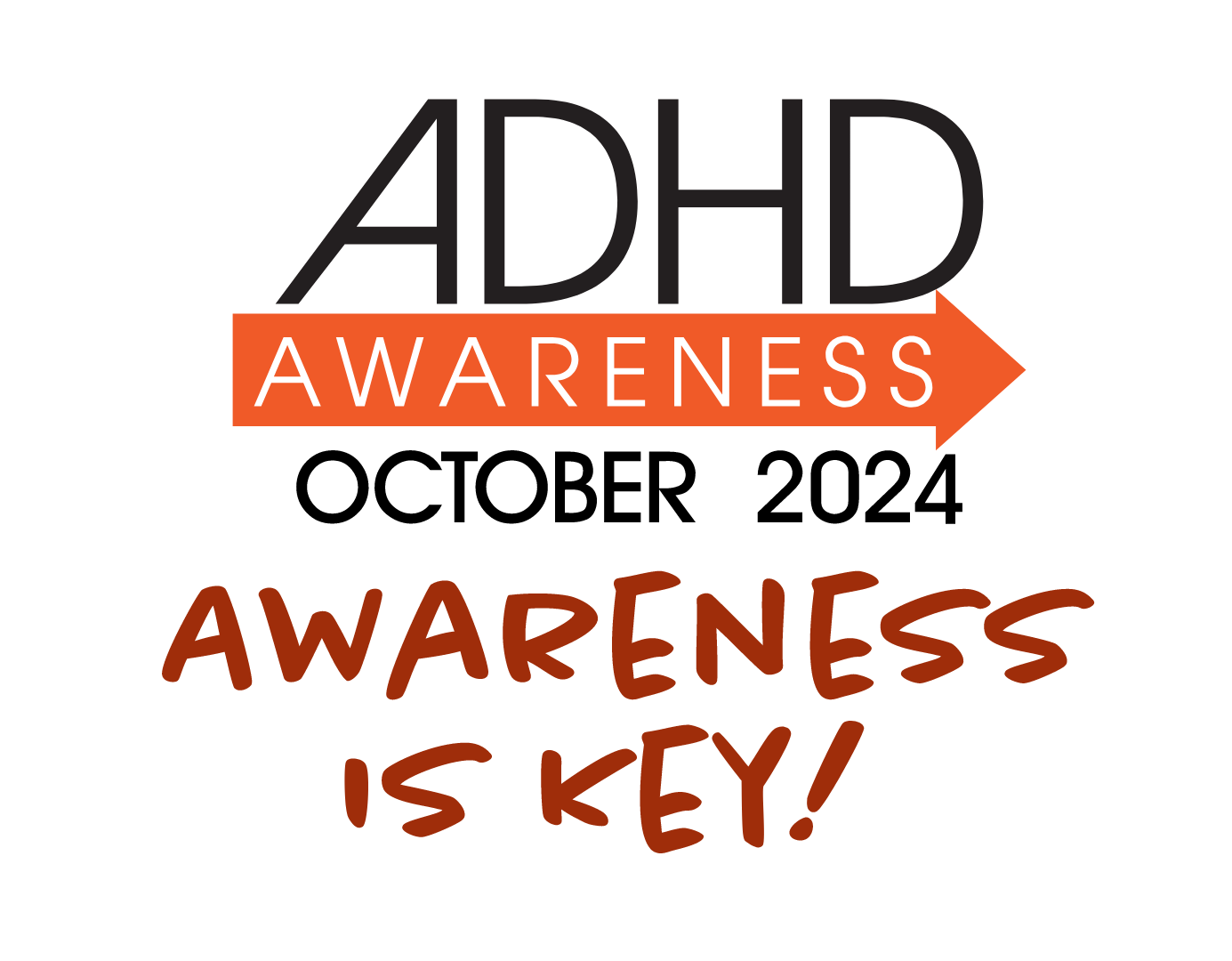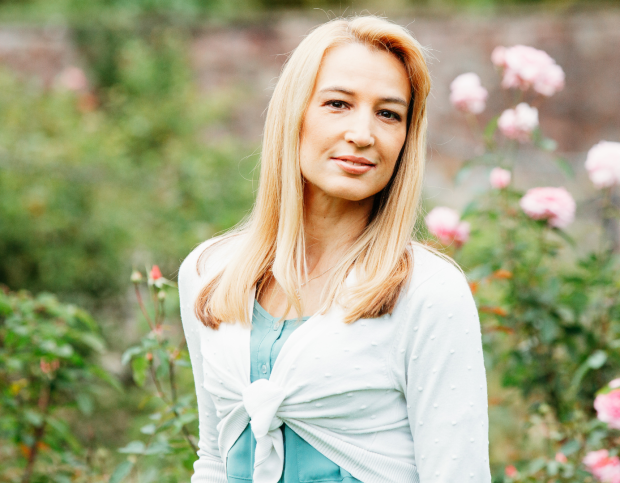It’s ADHD Awareness Month
Published on: 2 October 2024Highlighting the impact of a lymphoma diagnosis when living with ADHD.

October is ADHD Awareness Month, and an opportunity to increase awareness and understanding by sharing information and sources of support for people living with attention deficit hyperactivity disorder ADHD. Our supporter Rachel has shared her story with us as a neurodivergent person affected by lymphoma. Here, she talks about the challenges she faced during her lymphoma treatment when living with undiagnosed ADHD:
Please note this article contains difficult themes, including the discussion of suicidal feelings that some people may find distressing.
“I have recently found out that I have been living my whole life up until now with undiagnosed ADHD. I now recognise that I have been living with a neurodivergent condition. I have always suffered with low self-esteem and experienced difficulties with emotional dysregulation, impulsivity, inattentiveness, hyperactivity, and rejection sensitivity dysphoria. For me, this means that my emotional responses can be difficult for those around me, as they don't fit the expected pattern. I can be intense, impulsive and struggle to pay attention in the way most people are expected to direct their attention. I can also be hyperactive internally and mentally in terms of racing thoughts and also externally through physical exercise or physical activity, and experience pain when I feel both genuine and perceived criticism and rejection.
This had led to challenges in relationships and in the workplace which I am sure many neurodivergent people who are diagnosed later in life can relate to. But for me personally, these feelings intensified leading up to my diagnosis of stage 4 Hodgkin lymphoma, and throughout my treatment. In sharing my story, I really want to highlight that the cancer experience for people living with a neurodivergent condition, whether diagnosed or undiagnosed, can create a different set of challenges compared to people who are neurotypical.
I was diagnosed with lymphoma after struggling with symptoms for many months, including a rash, itching, dizziness, nose bleeds, fatigue and unexplained weight loss. My first thought was ‘I knew it!’ I knew it would be something like cancer, and I was weirdly pleased to be right, as well as thinking that now there was a chance that things would improve. But once the high had gone, the reality of facing chemotherapy and losing my hair suddenly set in.
Looking back, there are many things that I felt at that point that now make sense given my diagnosis of ADHD. I have felt on a number of occasions over the years that I just wanted to ‘check out’, that I was exhausted, overwhelmed and simply ‘done’ with feeling like I was failing – in jobs or relationships and life in general - no matter how hard I tried. When I was diagnosed with lymphoma, my thoughts started to turn to: this is it. This is how I am meant to die. I even felt at one point that I didn’t want to go ahead with chemotherapy, that I didn’t want to feel even more wretched than I already did and the thought of suffering further was really hard, but for the sake of my family I went ahead.
I went on to have six months of ABVD chemotherapy which I found really difficult. I did not get hospitalised, but I felt terrible and dreaded the next round of treatment. I was also struggling with side effects of treatment. I listened to a podcast recently on neurodiversity and cancer, which said that studies have found that neurodivergent people struggle a lot more with the side effects of cancer treatment, due to sensory issues and more. This does make a lot of sense for me looking back on it. I struggle massively with needles, and the pain I felt during blood tests or having IV lines put in was, to me, unbearable.
At the end of treatment I was told I had had a complete metabolic response and had gone into remission. Everyone around me was thrilled with the news I was in remission but I just felt numb. I felt nothing at all. If anything, I felt guilty I did not feel happy about the news. I was still struggling with side effects. I had really dry eyes as a result of chemotherapy, was having gynaecological problems, and struggling with fatigue. But I feel certain that my ADHD has contributed to some of the long-term effects I am experiencing post treatment. I have some balance issues, and have had a few falls, one resulting in a broken wrist after I went out roller skating. The combination of chemo ‘brain fog’ and ADHD hasn’t been great when planning to go out and enjoy life again! But I am determined to bounce back.
I have also struggled a lot mentally. I think it is going to be a long process for me, but exercise is proving really useful. When I exercise it feels like I think more clearly and my brain works better, so I work out three times a week. Now I understand my ADHD, I realise that the feelings of impulsiveness, emotional dysregulation and hyperactivity I have lived with my whole life are part of my condition. I really want to get that message across to others living with cancer and neurodivergent conditions, in the hope that they access support if they are struggling to manage their thoughts and feelings like I did. This is particularly important for people who are living with an undiagnosed condition. Now I am learning about myself and my brain, I want to share what I have learnt with others in order to raise awareness and support those who might be facing similar challenges”.

We are truly grateful to Rachel for sharing her story with us, and through an interview on national television in order to raise awareness about the impact a cancer diagnosis can have on people living with a neurodivergent condition.
